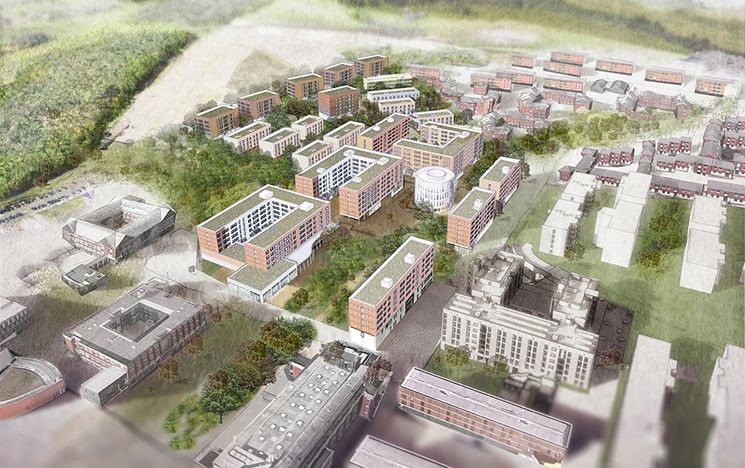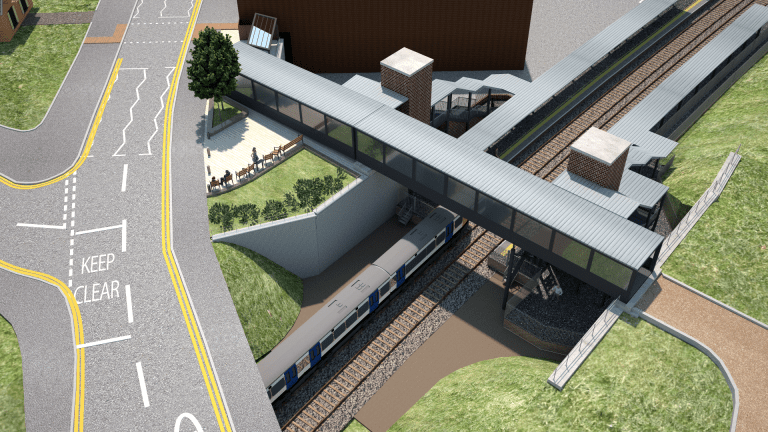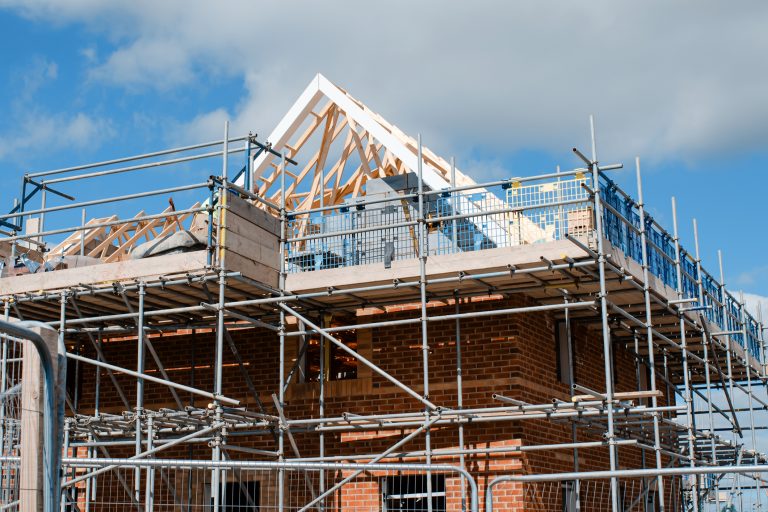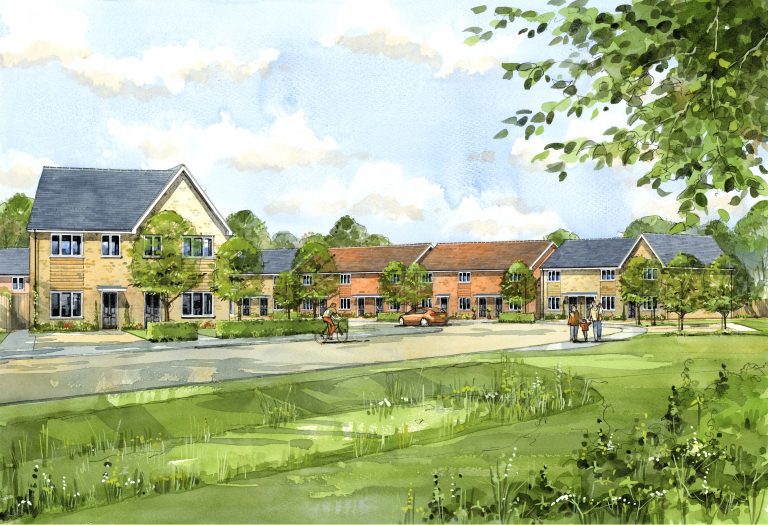Today, Glenigan, one of the construction industry’s leading insight and intelligence experts, releases the February 2024 edition of its Construction Review. The Review focuses on the three months to the end of January 2024, covering all major (>£100m) and underlying (<£100m) projects, with all underlying figures seasonally adjusted. It’s a report which provides a detailed and comprehensive analysis of year-on-year construction data, giving built environment professionals a unique insight into sector performance over the last 12 months. The central finding of the February Review is that construction-starts remained weak throughout the three months to January. Work commencing on-site slumped as the UK continues to weather persistent economic downturn and negotiate a turbulent socio-political landscape. Unsurprisingly, project-starts were down on both the preceding three-month period (-22%) and previous year (-31%). However, there are some signs of potential revival, with main contracts awards up 18% against the preceding period, despite finishing 21% lower than the same time last year. By contrast, detailed planning approvals registered an increase of 18% against 2023 figures, yet fell 17% against the preceding three months. Taking a closer look at these bright spots, standing out amidst the gloom, the value of major project contract awards increased 136% compared with the preceding three months (av. £3,589 million per month). Similarly, major planning approvals were up 66% on 2023 levels. This upturn was buoyed in part by the approval of the £1,268 million A12 Chelmsford to A120 junction improvement works in Essex. Commenting on the findings in the February Review, Glenigan’s Economic Director, Allan Wilen, said “Starts on-site have continued to soften in line with a hostile economic environment, exacerbating an already protracted activity downturn. However, an uplift in major contract awards should shine a light, hinting at brighter prospects in the not-too-distant future. Improving confidence and interest rate expectations should provide a boost to retail sales after a poor performance in December, helping to lift consumer-related construction sectors over the coming months. Indeed, housing market conditions have stabilised in recent months. The rise in prices has been accompanied by an increase in mortgage approvals and should help lift private housing starts as the year progresses.” The sector-specific and regional index, which measures underlying project performance, saw starts softening across the board. Sector Analysis – Residential Residential starts remained depressed, falling 16% during the index period to stand 34% lower than a year ago. Private housing was down 18% against the preceding three months, with starts 36% weaker than 2023 levels. It was an equally grim outlook for social housing, where project start levels dropped by 9% compared to the preceding three months and by 28% against 2023 figures. Sector Analysis – Non-Residential Non-residential performance was weak. Particularly, industrial project-starts which suffered an 11% fall during the three months to the end of January, with levels slashed almost in half (-45%) compared to last year. Offices fared poorly, with the value of project-starts falling back 19% against the preceding three months and 39% against the previous year. Education project-starts also declined 17% against the previous three months and 37% compared to last year. Retail followed a similar trajectory, with the value of starts on site 27% lower than 2023 figures and 18% down on the three months to January 2023. Health and community & amenity also decreased 10% and 14% against the preceding three months, to stand 33% and 11% down on the previous year, respectively. Hotel & leisure starts had a mixed period, dropping by 45% compared with last year but increased a modest 3% on the preceding three-month period. Civils work starting on site stumbled, falling back 4% against the preceding three months to stand 39% down on a year ago. Infrastructure starts dropped 38% on the previous year’s figures, despite increasing 3% on the preceding three months. The general decline in civils-starts was predominantly influenced by utilities activity, which declined 13% against the preceding three month-period, finishing 41% down on 2023. Regional Analysis Regional performance was poor, with project-starts weakening across most areas of the UK during the three months to January. The South East suffered the heaviest fall, declining 25% during the three months to the end of January to stand 54% down on a year ago. It was a similar story in the Scotland, with the value of project-starts decreasing 30% against the preceding three months and remaining significantly down (-38%) on the previous year. Project-starts in Wales experienced a sharp fall against both the preceding three months (-30%) and previous year (-50%). The North East was a mixed bag, with the value of starts increasing 1% against the preceding three months but falling back 18% on the year before. The East Midlands, on the other hand, experienced a 42% increase against the preceding three-month period, although starts in the region remained 30% behind last year’s figures. Northern Ireland and the West Midlands weakened against the preceding three months, falling back 9% and 12%, respectively. Both regions were down on the previous year, remaining 33% and 16% lower than a year ago. This was also the case in Yorkshire & the Humber and the North West, which both crashed compared to both the preceding three months and the previous year. To find out more about Glenigan and its construction intelligence services click here. Building, Design & Construction Magazine | The Choice of Industry Professionals














